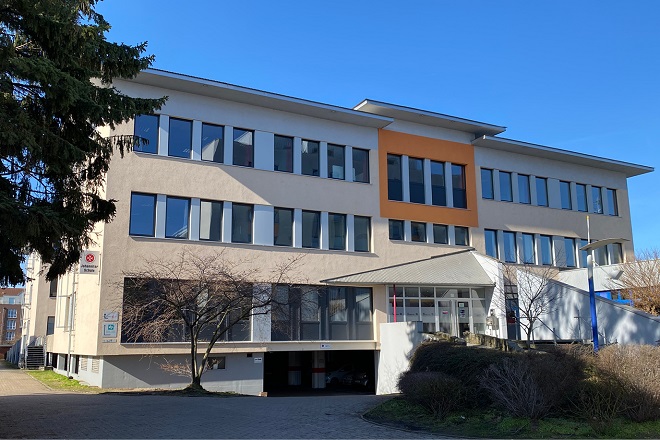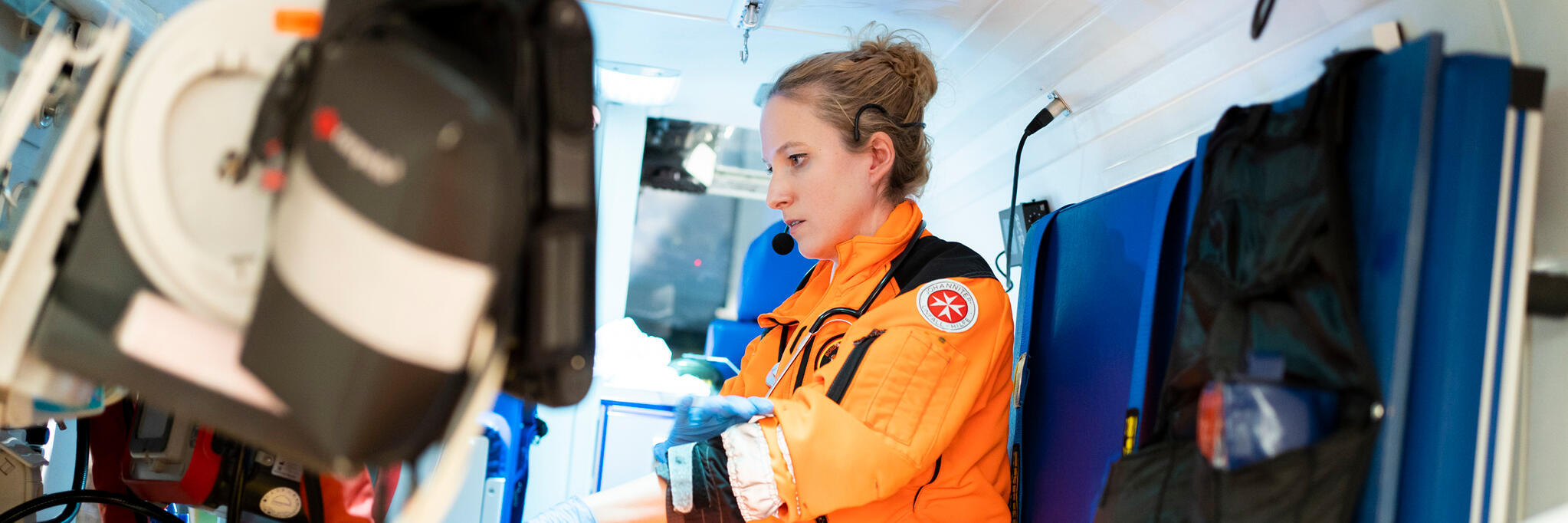Science
Research will be a major part of "Christoph Life"
Standardized emergency situations will occupy a key function. They allow for reproducable and observable laboratory conditions, which are not possible under real circumstances. This is especially important for later discussions about critical incidents for which data of real incidents is already collected in a data bank.
So the emergency medical performance of the crew including an analysis of mistakes can be improved continuously under equal conditions for everybody. In this context the effect of simulator trainings on the crew is monitored as well. Groups which differ according to previous experience, intensity or frequency of training are compared. Apart from objective parameters, subjective ones such as fear or self confidence are taken into account as well.
"Soft skills" of air rescue teams
In addition so-called soft skills – often more or less developed – are of great interest, such as communication, cooperation with well known or foreign personnel, and the joint processing of scenarios. So any communication problem in for example the handing over of the patient from one party to another, or in the emergency department, can be directly addressed.
In a third research part the project will further investigate stress. Specific stress factors will be monitored checking the heart rates of participants and analysis of specific stress hormones such as adrenalin or cortisol. The simulator team will as a direct result develop specific concepts to defuse these problems.

